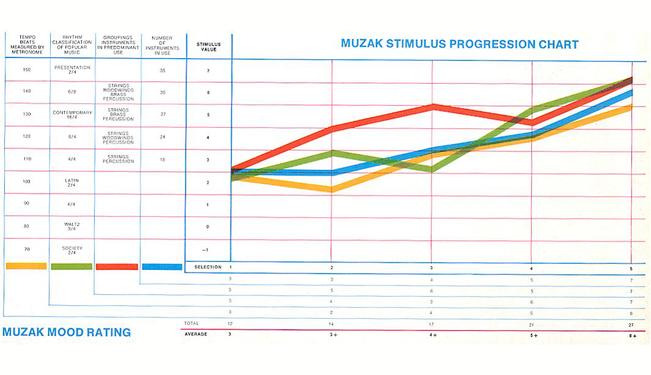My mental tram system has three lines: music, cultural organizing, and science/philosophy. There’s usually at least one train on each line at any time. To compare now with a random year, in 2001 I was in bands with some friends (line 1), ran a pirate radio station out of my bedroom (line 2), and taught high school chemistry (line 3). In 2022 I make a lot of new Emperor X material (line 1), help run Donau115 (line 2), and study philosophy at Leibniz Universität Hannover (line 3).
I rarely talk to music world people about line 3 stuff, or academic world people about anything other than academic stuff. I do it in that it can’t help but drip into my lyrics, but I want see if anything changes by making some explicit effort to connect these three lines and turning my brain from a partial junction

into an all-way full junction in which thoughts can route arbitrarily-associatively.

I’ll start this week by describing each day one of four papers I’m working on. None of them are going to blow minds, but I’m a baby philosopher and still getting used to the writing conventions and methods. My main hope is that typing out what I’m working on in a public way might start conversations that point me in new directions I wouldn’t explore otherwise.
Paper 1, Winter Semester, 2021/2022:
Functional Music in the Laboratory State

Shiv Visvanathan (pictured above) coined the idea of the laboratory state (Visvanathan, 1987), the notion that “…the modern state exists more and more as a big machine guaranteeing the production and reproduction of science. In fact it is the grammar of science that provides for the everyday fascism of modernity-as-technocracy.” His is not a Luddite “science is bad” argument, far from it. But he insists that we face with clear eyes the destructive science-flavored feedback loops that the union of science and vested interests (including both states and corporations) can cause. Examples he cites include the introduction of industrial farming in India resulting in lower crop yields for many regions, medically useless pseudo-experiments performed by Nazi scientists in concentration camps, and atomic weapons research programs. Wrong, and sometimes even evil, ideas can hide behind the fig leaf of science.
The laboratory state is a theoretical lens through which we can view large-scale scientific projects. My paper will focus that lens on functional music — colloquially, muzak. There is a long history (see Jones and Schumacher, 1992) of state- or industry-sponsored scientific research conducted on living, often non-consenting subjects to determine the effects of music on many parameters from docility of heavily stereotyped asylum residents (Pichot, 1949) to workplace productivity under “stimulus progression” (see Kerr, 1943 and its chilling opposite, Perham and Sykora, 2012) to consumer behavior (see Milliman, 1982 or Gustafsson, 2012 for starters) to endocrine response (Thoma et al., 2013). The currently-fashionable iteration of this involves artificial intelligence playlist curation (Eriksson, 2020), so despite the anachronistic association attached to muzak like that heard in retail outlets in the 1990s, the behaviorist science that underlies it is still very much en vogue.
Visvanathan highlights the tendency of seemingly-innocent science to act as an agent of violent suppression. My paper will examine the extent to which this can be said to hold true for the psychoacoustic research that underlies muzak.

